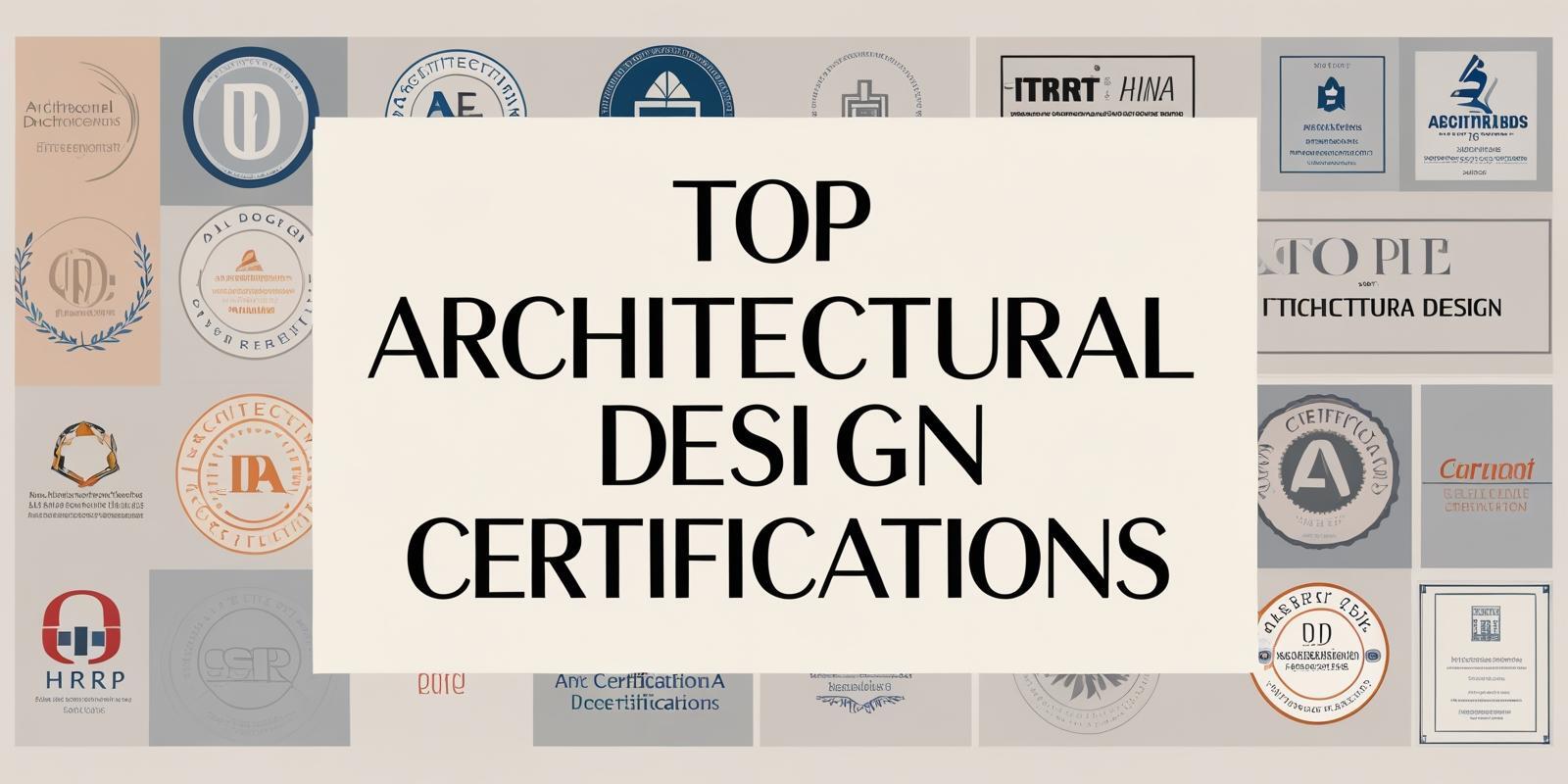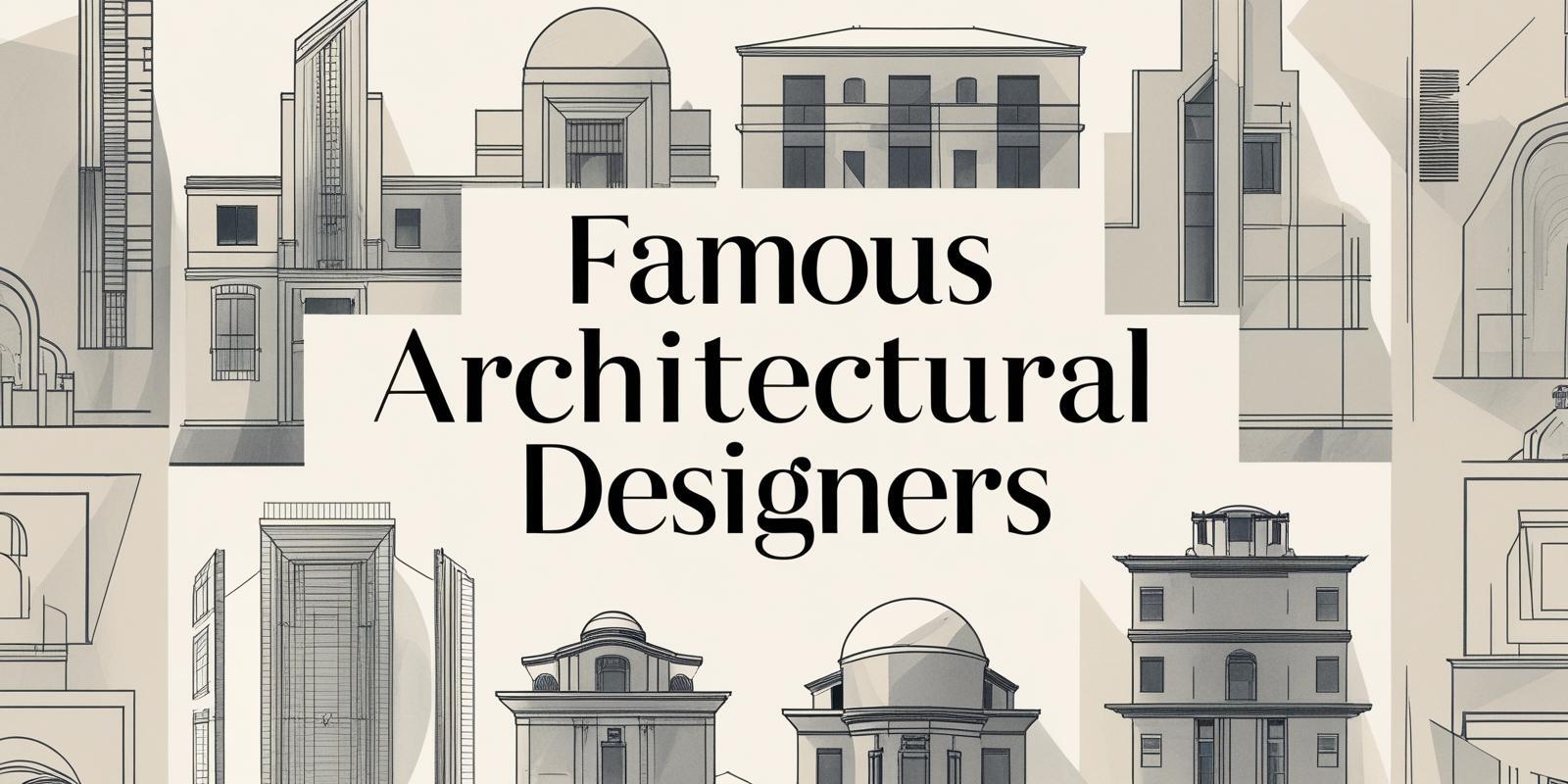
Digital transformation has drastically altered the way we teach and learn architecture. Gone are the days when students would sit at a drafting table. Today, architectural education has adopted widespread principles of design with tech-first digital tools. Emerging technologies, from parametric design software to virtual reality, are changing not only the tools we use but also how young architects think, create, and collaborate.
Architectural education now needs to think about ways of evolving with new curricula and teaching methods for courses. The question is not whether we can transform through digitalisation, but how efficiently we can transform the curriculum for the upcoming generation of architects.
The Rise of Online Learning in Architecture
COVID didn't just accelerate online learning in architecture; it completely redefined what was possible, transforming architectural education in ways that seemed impossible before the crisis.
- Teaching spatial design online through a screen seemed impossible at one point, but now it has become the norm.
- Architecture schools rushed to digitise studio critiques, physical site visits were replaced by digital explorations, and simultaneous studio/exhibited work was happening in different parts of the world.
- Many online learning platforms benefited from the unexpected shift towards digital education. A new style of digital collaboration and contribution emerged among architects.
Now that the era of 'emergency remote learning' is behind us, the next challenge is to determine which online learning experiences should become a permanent part of architectural education and how best to integrate them with hands-on learning in architectural education
Key Digital Learning Platforms for Architects
Here are some of the leading digital learning platforms offering specialised courses for architects, ranging from BIM certification to design visualisation and architectural theory:
|
Platform |
Course Name |
Duration |
Skills Taught |
|
Novatr |
BIM Professional Course for Architects |
28 weeks (10 hours/week) |
Revit Architecture, AutoCAD, Navisworks, 3ds Max, Lumion, Enscape, BIM coordination, parametric design, visualisation, project management |
|
Coursera |
Sustainable Design Practices in Building Design (L&T EduTech) |
8-10 weeks |
Green building design, energy efficiency, sustainable materials, LEED principles |
|
LinkedIn Learning |
AutoCAD for Architecture |
15-20 hours |
2D drafting, architectural drawings, layer management, plotting, design standards |
|
Udemy |
Complete SketchUp Course |
25-30 hours |
3D modelling, architectural design, rendering, plugin usage, presentation |
|
FutureLearn |
Digital Construction: From Design to Delivery |
4 weeks |
Digital construction methods, BIM implementation, project delivery, and technology integration |
Innovative Technologies Enhancing Architectural Learning
Architectural education has gone digital in a big way, with new technological tools making learning more hands-on and interactive than ever before. Here’s a brief look at some of them:
- Virtual Reality (VR): VR headsets let students step inside their building designs, so they can feel whether that corridor is too narrow or if the ceiling height works before anything gets built
- Building Information Modelling (BIM): BIM software forces students to think like real architects from the start, not just pretty facades, but how the plumbing, wiring, and structure all fit together in one smart model
- 3D Printing: 3D printers have become the new best friend of architecture students, turning late-night design ideas into physical models they can hold and test by morning
- Artificial Intelligence: AI design tools are like having a super-powered brainstorming partner that can generate hundreds of layout options or tell you if your building will be an energy hog before you've even finished sketching
Also Read: Why M.Arch is a Debt Trap
Benefits of Digital Learning for Architecture Students and Professionals
The shift to digital learning isn't just about convenience; it's fundamentally changing how architects build their careers and approach design challenges. So, here are some of the benefits that you can count on as far as digital learning for Architecture goes.
- Portfolio building happens in real-time as you learn, with every Grasshopper script and Lumion rendering becoming part of your professional showcase rather than just homework.
- Peer networks span continents now, meaning that a classmate from your online BIM course might become your collaboration partner on an international project years later.
- Instant feedback loops replace the old "submit and wait" model—debug your Revit families immediately, get critique on your massing studies within hours, not weeks.
- Skill stacking becomes possible when you can layer a parametric design course with sustainability training and project management, all in the same semester, which traditional programmes rarely offer.
- Real project integration means learning while doing actual work, many online programs now partner with firms so your coursework directly contributes to live architectural projects.
Novatr's Vision in Architectural Education
One of the leading online learning platforms, Novatr, is paving the way for the digitisation of architectural education. Novatr's vision in architectural education is to revolutionise the industry by fostering a future-ready generation of architects, engineers, and designers through technology-driven, human-centred learning experiences. They aim to transform the careers of millions of AEC professionals by providing quality, tech-enabled education and promoting innovation within the industry.
Here's a more detailed look at Novatr's vision:
- Focus on Technology: Novatr places a strong emphasis on technology, especially Building Information Modelling (BIM) and other digital design technologies, and their use in the design and construction process. Their goal is to help professionals develop the skills required to thrive in a digitalised AEC industry.
- Human-centred Focus: Within their focus on technology, Novatr values human creativity and collaboration. They encourage a thinking and learning environment within which you can dream big, build smartly, and create with intention.
- Careers in Transition: Novatr is bridging the skill gap between industry standards and traditional education by upskilling a significant number of architects who graduate every academic year for future-ready careers.
Interdisciplinary Research: Novatr not only explores something innovative from an AEC (Architecture, Engineering, and Construction engineering) standpoint, but also focuses on interdisciplinary research problem definition from the knowledge bases of business, tech, law, design, narrative, and other professions, and that retains practical ramifications for a real-world AEC problem.
Conclusion
So here's the thing – when we blend online education with architecture, we're opening up exciting doors for architects. The world is changing, and honestly, our education methods and design approaches need to keep up. By embracing this more connected way of learning, we prepare the next generation of architects to become not only skilled designers but innovative thinkers capable of tackling challenges from multiple angles.
Curious about where virtual learning and architecture intersect? Check out BIM Professional Course for Architects by Novatr.
FAQs
1. Why is digital learning becoming essential in architectural education?
Digital learning is becoming essential in architectural education because it equips students with the skills and knowledge required for modern architectural practice, enhances design capabilities, and improves efficiency in the design process.
2. What technologies are enhancing online architectural education?
Online architectural education is being significantly enhanced by technologies like Building Information Modelling (BIM), Virtual Reality (VR), Augmented Reality (AR), and Artificial Intelligence (AI).
3. Are online architecture courses recognised by employers?
Yes, online architecture courses such as the BIM Professional Course for Architects are recognised by employers.
4. How can I ensure the quality of an online architecture program?
To ensure the quality of an online architecture program, prioritise accreditation, assess the curriculum for comprehensive coverage of essential architectural topics, and evaluate the faculty’s expertise and experience.
5. What are the cost implications of online architectural education compared to traditional methods?
In general, online architectural education is more affordable and time-efficient than traditional methods.
6. Can online platforms provide practical architectural training?
Yes, online platforms like Novatr can provide practical architectural training.
Was this content helpful to you













